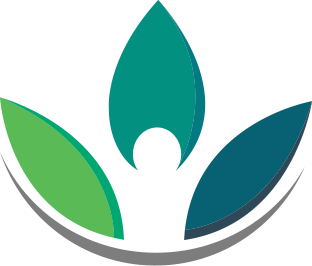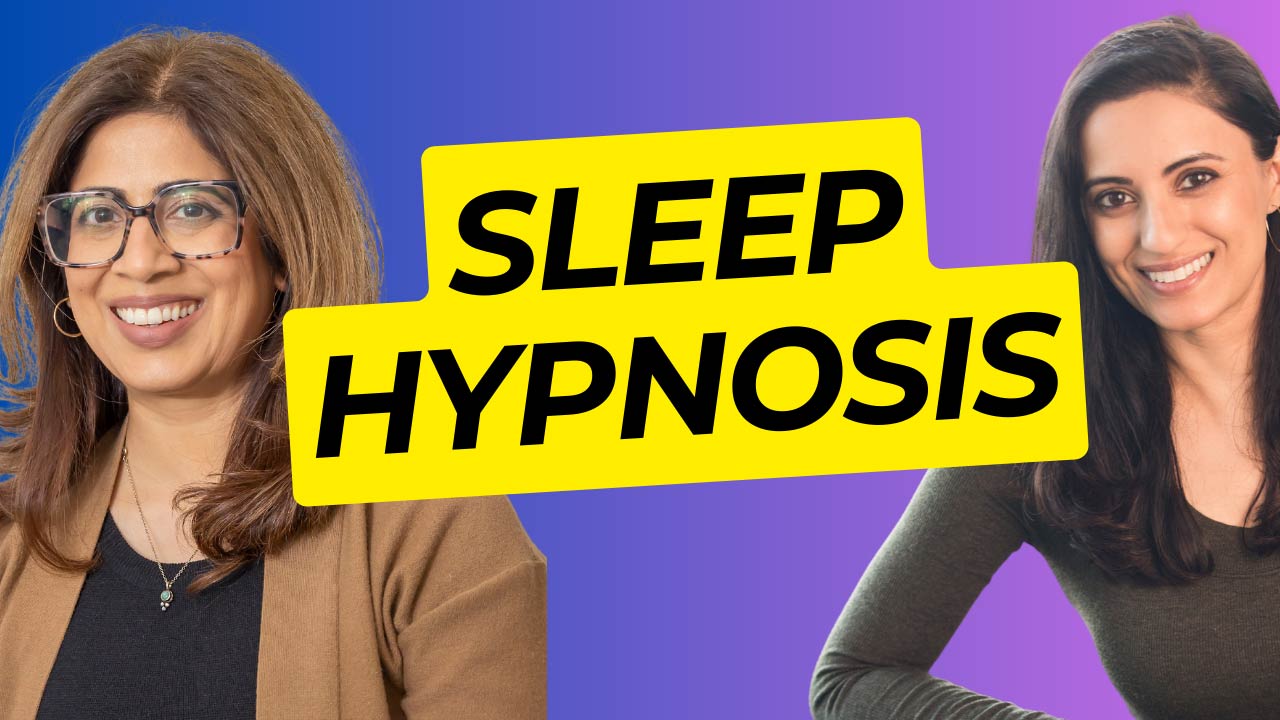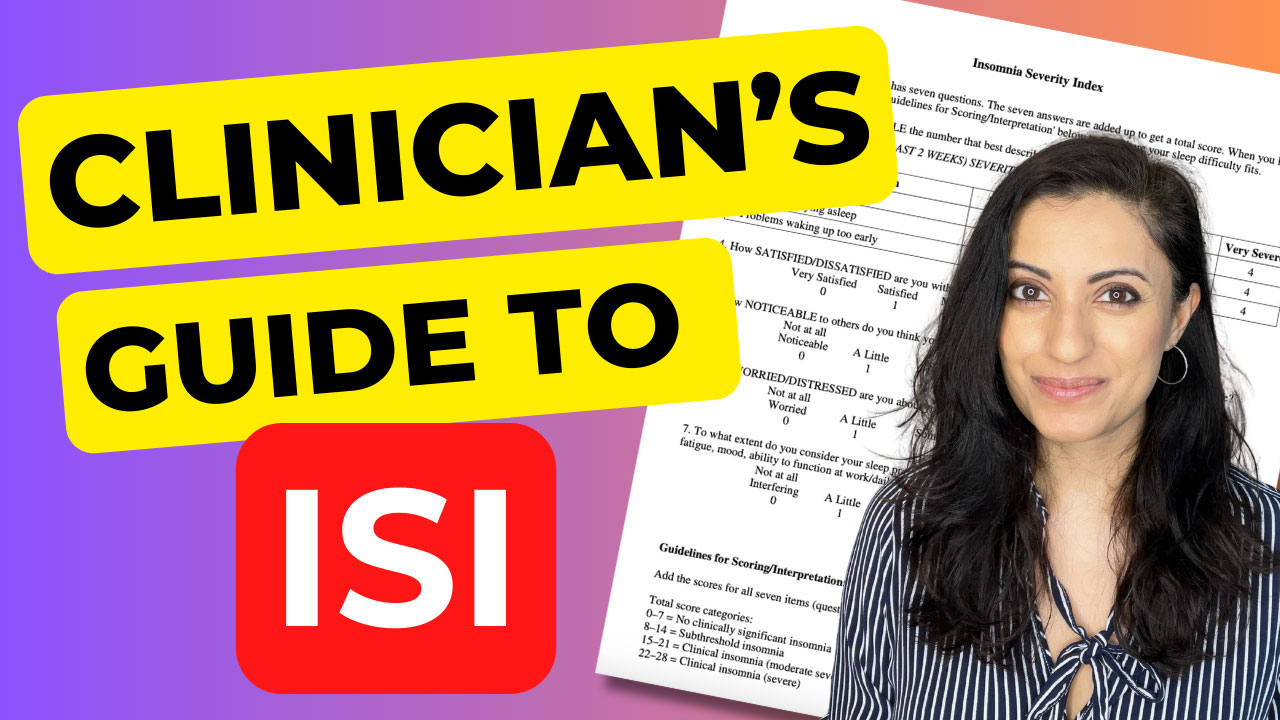Breathing is a really interesting physiological process. Unlike other bodily functions like digestion, breathing may be involuntary (happens automatically without us thinking about it), or voluntary (happens consciously under our control). The way we breathe has a direct impact on the way we feel.
Have you ever noticed what your breathing is like under different circumstances?
You may have noticed that when you’re stressed out, your breathing is more rapid, that your breaths are more shallow and come from the upper chest. This is how we breathe when our body senses danger.
What about when you’re relaxed, what’s your breathing like then? You may have noticed that in a relaxed state, your breathing is slower, deeper, and comes from the belly. This is how we breathe when we’re comfortable and at ease.
How might you feel if you were breathing like that all the time?
There are a multitude of benefits to practicing breathing exercises, like:
- Balancing the sympathetic nervous system (fight or flight) and stimulate the parasympathetic (rest & digest) nervous system
- Stimulating the vagus nerve to reduce feelings of anxiety and depression
- Promoting a healthy cardiovascular system by reducing the heart rate and blood pressure
- Improving immune function and lung function
- Reducing insomnia
Here are 5 easy breathing practices to try
1. Start by noticing your breath
Check in with yourself a few times a day, like before you start work, when you sit for a meal, or before you get on a meeting. Take a few seconds to notice your breath. You don’t need to change anything, just notice it. Over time, the act of paying attention to your breath will become automatic and will help you feel more present and mindful.
2. Focus on the exhalation
Oftentimes, when doing breathing exercises, people focus too much on the inhalation and this can actually cause more anxiety. Shifting your focus to a long, slow and complete exhalation will help with relaxation.
3. Box breathing
This is so effective that Navy SEALS are trained to use this technique to help with focus in high pressure situations. How to do this: inhale for a count of 4, hold for a count of 4, exhale for a count of 4, and hold for a count of 4. Do this 4 times.
4. 4-7-8 Breathing
This is another great technique that is very effective at promoting relaxation. Inhale for a count of 4, hold for a count of 7, and exhale for a count of 8. Do this 4 times.
5. Alternate nostril breathing
You may have done this in a yoga class. This is a very effective practice that has tons of research behind it and provides so many benefits for physical and emotional health. There is a specific method to it, so I recommend learning it from a trained yoga teacher or through an instructional video like this one.
Breathing practices are not just for when we’re feeling stressed. Daily practice of breathing exercises can improve your health and performance in your personal and professional life. It’s a free, renewable resource without side effects! Try a few minutes of these breathing exercises every day for the next week and see how it affects your experience of the day.



